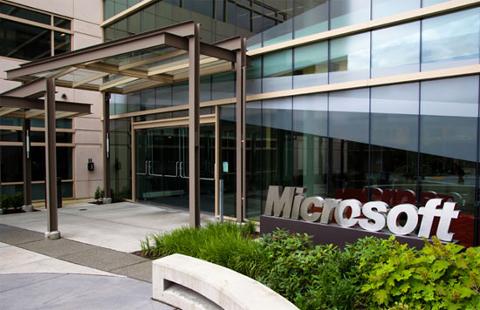MySQL 5.6 Reaches General Availability
MySQL 5.6, which Oracle bills as “the world’s most popular open-source database,” has reached its general-availability milestone. Any number of developers rely on MySQL for a variety of Web applications; Facebook and Twitter are among the properties that rely on MySQL databases in some fashion. Oracle claims MySQL 5.6 features simplified query development and speedier acquisition, along with enhanced linear scalability for taking full advantage of local hardware capabilities. Other updates include self-healing replication clusters, a 230-percent improvement in transactional and read-only throughput, and improved query execution times and diagnostics. Sun Microsystems acquired MySQL AB, which developed the open-source database, for roughly $1 billion back in 2008. The company immediately went to work incorporating MySQL’s software and services into its own infrastructure. Two years later, Oracle purchased Sun, making a pledge in the process that it would continue to maintain and build on MySQL. A subset of developers and open-source advocates reacted to Oracle’s takeover with horror, arguing to whomever would listen that the tech giant planned to make MySQL a purely proprietary piece of software. Those tensions have perpetuated ever since; back in August, TechCrunch reported that Oracle was holding back test cases from MySQL, making the software more difficult to use. “It appears that Oracle is making its revision tests and histories closed source,” read the TechCrunch article. “It’s not so surprising knowing Oracle and its history.” Whether or not Oracle keeps MySQL open-source, it’s definitely using the software as a means to tweak its competitors: Last summer, in a bid to take some business away from Microsoft, Oracle announced a tool that would allow users to migrate data from Microsoft SQL to MySQL. It also issued a plugin for manipulating MySQL data within Excel, and a tweaked version of MySQL Installer for Windows. (There are also some handy tutorials online for integrating MySQL, PHP and Excel spreadsheets.) Oracle has claimed that migrating to MySQL can lower the cost of database ownership by 90 percent. Despite its popularity and reputation for speed, however, MySQL (and SQL platforms in general) have faced significant competition in recent years from other database systems, including (but certainly not limited to) NoSQL. Image: Pressmaster/Shutterstock.com


